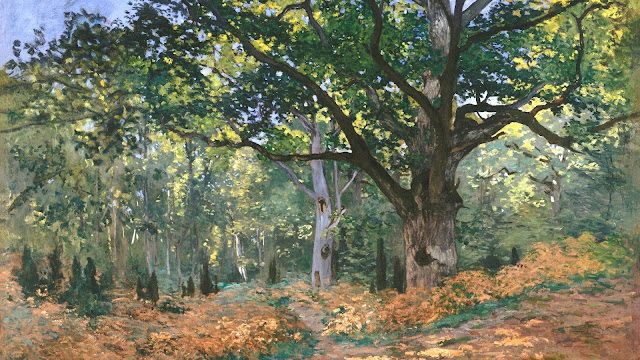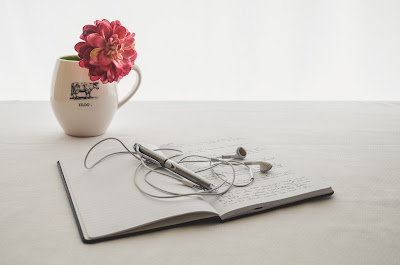Reading, Writing & Arithmetic
It's the New Year and it seems the appropriate time to start reassessing goals and aiming for that ever-elusive thing called a balanced life. I used to think that if I was going to survive as a writer, I'd need to cut out everything that didn't have to do with writing.
Cooking? Errands? Grocery shopping? What a waste. I could be writing with that time. Going for a walk? How boring. Banking? Budgeting? Ditto. Better to save all that energy for writing. Oh yes and regular sweeping and mopping and things like doing the laundry went out the window too. But the problem with narrowing one's life to focus on writing is that it doesn't really work. Balance, in all things, works.
But for some of us, life has a way of shifting from one extreme to another. Now I walk regularly, have a clean house, budget, do the banking and even cook. So where's the writing gone during these ever-productive holidays? It's dragging behind me complaining about how I don't pay it enough attention. It is only slightly encouraged by all the reading I'm doing.
I keep bumping into this piece of advice all the seasoned writers say: "Don't wait for perfect conditions to write that novel or screenplay or whatever. Do it now." When it comes to novel writing, I drag my heels, hum and haw. I end up writing short stories which I do find satisfying. I also end up working on my poetry - which I find intensely gratifying. But the novel? It's always the last thing on my list and I run into more than my fair share of dead ends.
One of my friends is a novelist and she'll call me with exciting news about how one of her characters just took off and started doing the most wonderful and intriguing things that end up driving the story to new heights. I love to hear about it - it's the next best thing to experiencing it myself.
I'm always dipping into books on writing. I'm reading, Thunder and Lightning by Natalie Goldberg. She is also a poet and found writing a novel excruciating. It took her something like ten years to write her novel. At the part I'm at now, she's talking about how a long work of fiction needs an organic structure and until you find that structure, you're basically doomed. You can't impose an artificial structure - it has to arise out of what you're trying to write about. So far, it seems like the prescription she's giving is to keep writing until the structure emerges - which might take forever - and which might very well never happen.
In Manhattan, Woody Allen says the most important thing when it comes to being an artist is luck. (I've watched this movie a million times. I can't get over the fact that one of my writer friends hasn't seen it yet. You know who you are - Ms. Owl.) If you just happen to be "lucky" - you'll find all the pieces of the puzzle for your story/novel.

One of my poet friends recently gave up on the idea of writing a novel (see the article here by Matthew Tierney in the National Post). He admitted to himself that he is just too taken by poetry to sacrifice the writing time required for fiction.
One gets tired of looking for that elusive thing that is actually going to get a novel up on its feet and running. Perhaps it's all the planning that has to go into a long story? Perhaps there's a bit of mathematical thinking involved in novel writing? Like budgeting and banking? Maybe novel writing comes back to the old grade school adage, "Reading, writing and arithmetic." Or maybe it's all about what desk you write on. Jane Austen did well with her little table.



